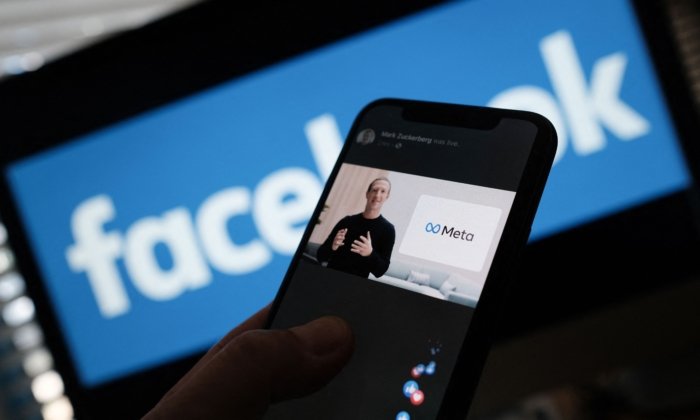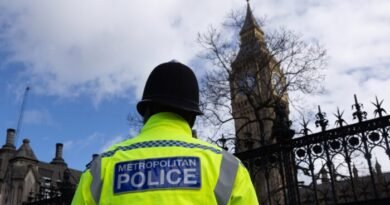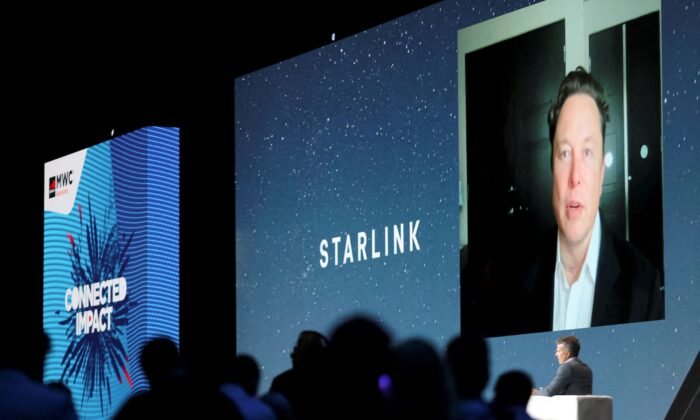Examining Meta’s Approach to Managing Hate Speech
Online hate speech has been highlighted this week in a parliamentary hearing into digital platforms ahead of the Indigenous Voice referendum.
The media giant has been blamed for allowing racist and discriminatory comments against Indigenous Australians to go unchecked.
Liberal Senator Jana Stewart told the hearing on Aug. 21, “As a First Nations person, I can go to the comments section on other parliamentarians’ pages and see really, really hateful things about my people.”
“We’ve heard about increased threats of physical violence, but [what about] mental health? First Nations people are already twice as likely to commit suicide, and that’s even higher for our children who are on your [Meta’s] platforms,” said Ms. Stewart.
The tech giant responded by saying they were aware of the role they had in the upcoming referendum, noting that they were keen to “contribute to democracy.”
Users Have Responsibility for Moderation
Meta also said they were using artificial intelligence to combat fake accounts, along with funding for fact-checkers to fight misinformation.
“We’re very mindful of the potential impact from the current public debate for Indigenous communities, and we want to do everything we can,” said Meta’s representative Mia Garlick during the hearing.
She also said it was not possible for Facebook to stop racist comments, putting the onus on page owners to use moderation tools.
Meta has long faced accusations of not properly managing its platform and subsequently of fueling violence in Myanmar, driving division in the U.S. elections, and prioritising clickbait content over online safety.
X—formerly Twitter—has also come under fire for allegations it failed to deal with curtailing online hate.
Australia’s eSafety commissioner said complaints spiked after Elon Musk’s takeover of the platform.
Meanwhile, the accusations facing Meta were also discussed on ABC’s Q&A on Aug. 21 when Nationals MP for Nicholls, Sam Birrell, said, “It should be a battle of ideas … we don’t need to hurt each other.”
The Nationals are standing behind a no-vote on the referendum.
Support for The Voice Dropping
The Voice will change the preamble of the Australian Constitution and embed an advisory body into Parliament to advise the executive and legislature on issues pertaining to Indigenous communities.
The Nationals reject the advisory body but do back recognition of Indigenous people constitutionally.
According to poll numbers by the Resolve Political Monitor, support for The Voice has fallen 46 percent from last year.
Only Victoria and Tasmania are in support, while New South Wales, Queensland, Western Australia, and South Australia are in opposition.
The numbers place South Australia as a key battle state for the Labor prime minister where he is expected to be announcing the date of the referendum in hopes of bolstering the “yes” vote in the state.
“It’s a chance to recognise Indigenous Australians in our constitution. A chance to listen to them about matters that affect them—so we can get better outcomes,” said Prime Minister Anthony Albanese.
No official announcement has been made on the exact date yet.
13YARN 13 92 76
Aboriginal Counselling Services 0410 539 905





